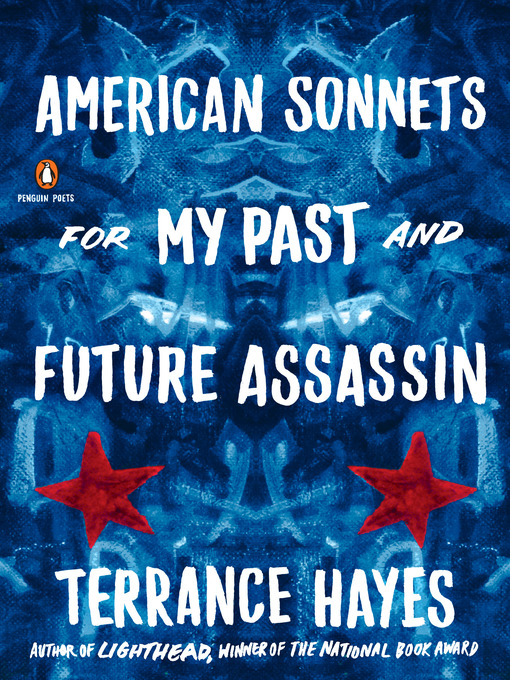
White aggressors are excoriated with fierce, alliterative wrath, but not every poem is single-mindedly wrathful: even the aggressor is permitted shades of guilt and “blindness”. The political and emotional angle throughout Hayes’ collection is as subtly and variously registered as the face of the assassin. If any reader is, like me, tempted to look for a credo, the poem keeps warning us to hold on. It’s is a constant unfurling of voltas – “turns” or double-takes – conjured by raising the power of syntax over punctuation.

The “volta” is a key component in his own renovation of sonnet form, and this week’s poem takes the technique to soul-blowing extremes. “When asked for a definition she called poems jazz sonnets ‘with certain properties-progression, improvisation, mimicry, etc,” he adds (Coleman’s American Sonnet 35 can be heard here) and concludes: “I decided to have fun - to blow my soul.”

In the collection, Hayes acknowledges the poet Wanda Coleman (1946-2013) with “tremendous gratitude” for the term American Sonnet, and quotes an interview in which she interestingly describes how she would set the form as a writing assignment.


 0 kommentar(er)
0 kommentar(er)
